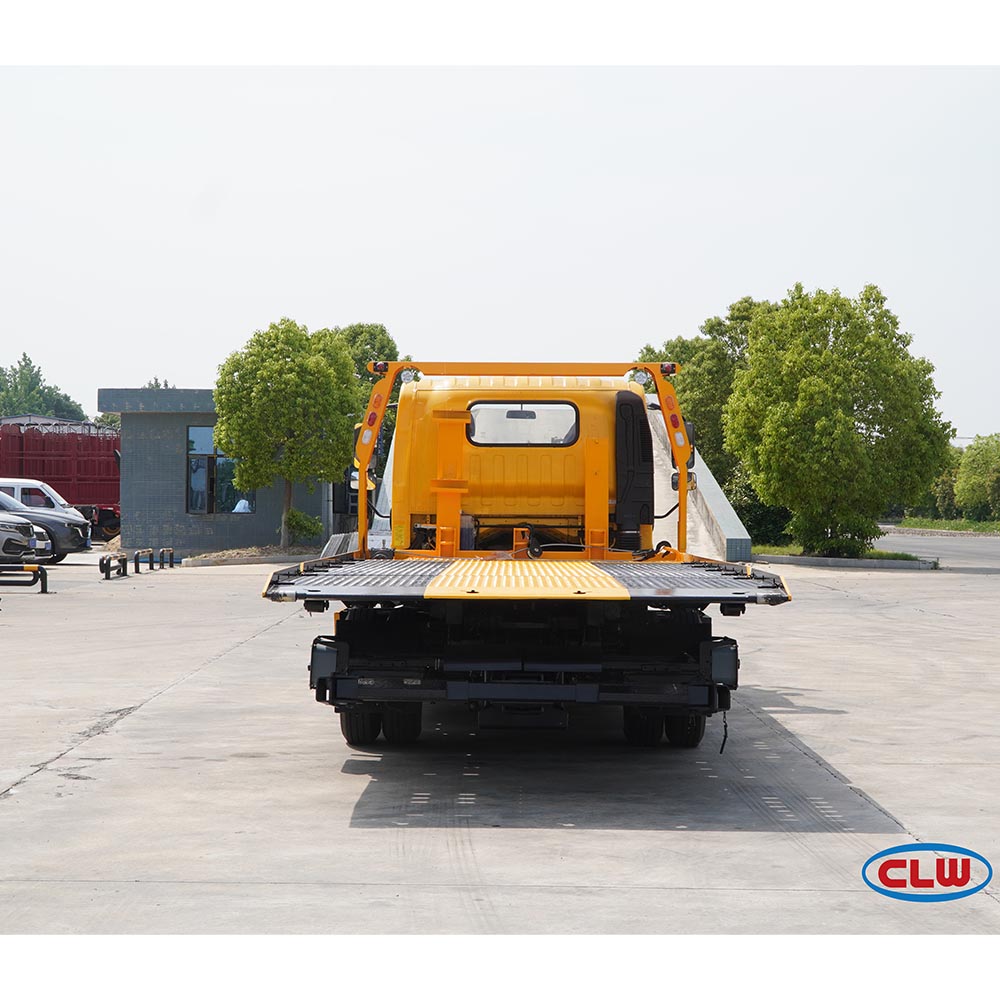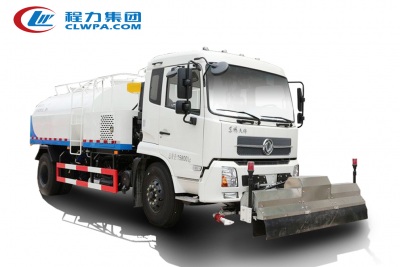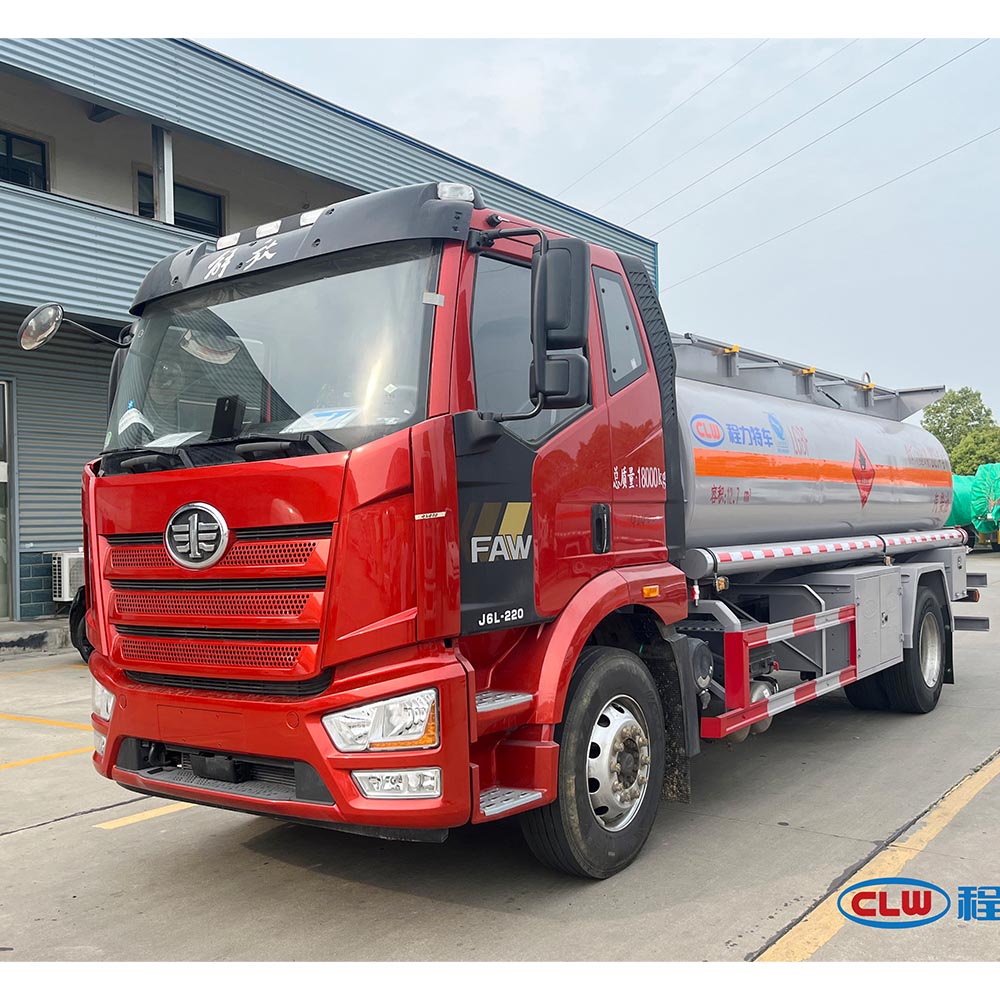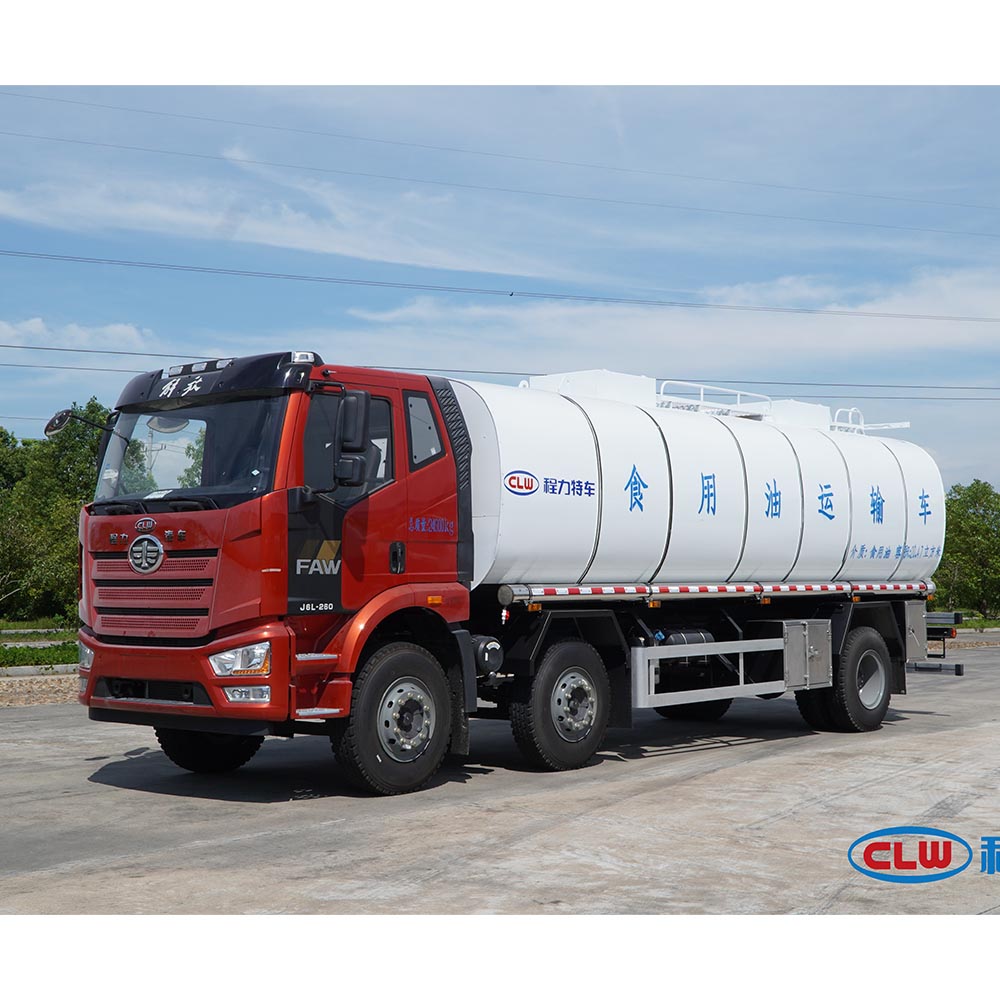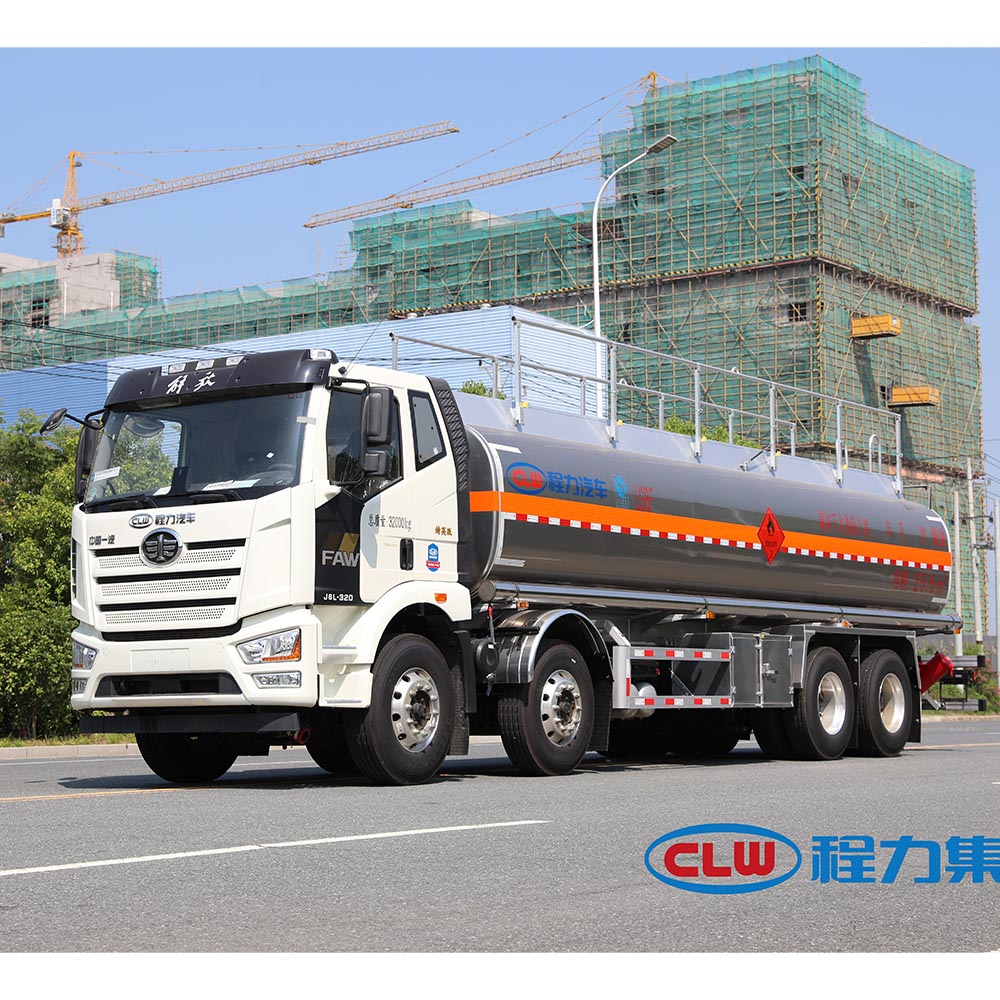-
Chengli Automobile Industrial Park
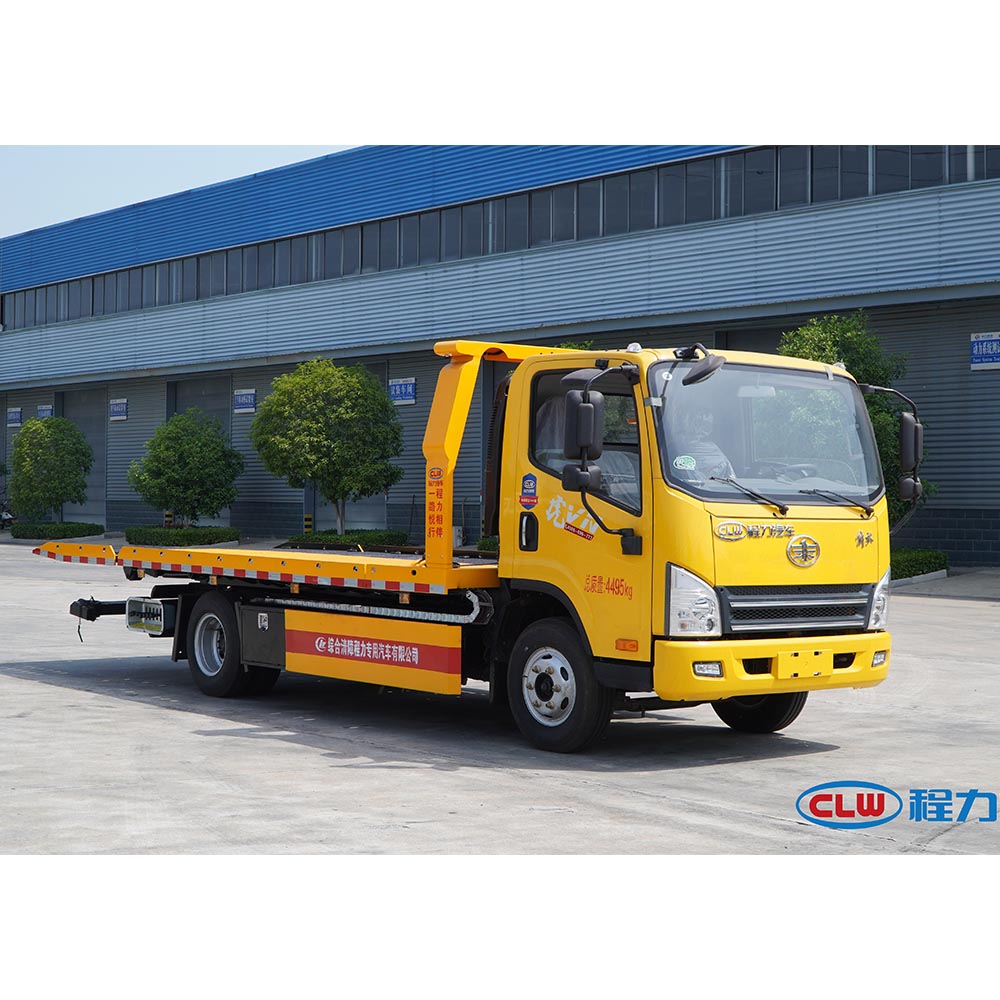
how much does towing cost
How Much Does It Cost to Tow a Car? Your Guide to Tow Truck Service Costs
When your vehicle breaks down or you’re involved in an accident, knowing the cost of towing services can help you make informed decisions. This article provides a comprehensive overview of towing costs, factors that influence pricing, and tips to find reliable towing services. It’s worth reading to ensure you’re prepared for unexpected roadside situations and to avoid overpaying for a tow. As a leading towing truck manufacturer, we’ll delve into the various factors influencing the cost to tow your vehicle, giving you the knowledge you need to navigate these situations with confidence.
Table of Contents
What Is the Average Towing Cost?
When your car breaks down, the first question that often comes to mind is, “What is the average towing cost?” The national average cost for a tow is around $109, but this can vary widely. As manufacturers, we have seen that a basic tow typically includes a hook-up fee (also known as a base fee) ranging from $35 to $100, plus a per-mile charge that ranges from $2.50 to $7 per mile. For instance, if you need a tow for 10 miles, you might expect to pay between $60 and $170.
It’s crucial to understand that these are just averages. The actual cost of towing a car can depend on numerous factors, including your location, the type of vehicle you have, and the time of day. For example, towing companies often charge more for nighttime or weekend services. Moreover, larger vehicles, like trucks and SUVs, often incur higher towing fees due to the need for specialized equipment. For a basic understanding of the difference between common types of tow trucks, here is a simple table:
| Tow Truck Type | Description | Average Cost Estimate |
| Wheel Lift | Lifts the vehicle by its drive wheels. | $35-$100 (hook-up fee) + $2.50-$7 per mile |
| Flatbed | Carries the entire vehicle on a flat platform. | $50-$150 (hook-up fee) + $3.00-$8 per mile |
| Hook and Chain | Uses a hook and chain to pull the vehicle, mainly used for wrecked or damaged cars. | $40-$120 (hook-up fee) + $2.75-$7.5 per mile |
| Integrated (Heavy Duty) | Designed for large vehicles like buses and heavy trucks. | $200-$500 (hook-up fee) + $5-$15 per mile |
| Boom | Uses an adjustable boom to recover vehicles from difficult positions (ditches, embankments). | Varies greatly; often higher due to specialized service |
| Crane-Assisted | A crane is used to lift and move the vehicle, often for extremely heavy vehicles or specialized situations not suited for other towing methods. | $250-$600 (hook-up fee) + $7-$20 per mile (can be higher) |
| Roadside Assistance | Typically for minor issues like tire changes, jump-starts, or fuel delivery. Cheaper than towing. Can convert to a towing service if the issue persists. | $50-$150 (service call fee) |
This table provides a clear overview of the cost of a tow, helping you to anticipate expenses based on the type of tow you might need.
How Much Does It Cost Per Mile for a Tow?
Cost per mile is a significant part of the total tow costs. On average, tow truck companies charge between $2.50 and $7 per mile. This rate can fluctuate based on various factors. For a local tow, typically within 10 miles, the average cost per mile might be on the lower end of the spectrum. However, if you require a long-distance tow, such as 100 miles, the cost per mile can be higher due to increased fuel costs, driver time, and potential toll roads.
Mileage is a primary factor affecting the price of towing. The farther your vehicle needs to be transported, the more you’ll pay. For shorter distances, miles or less, the rate might be around $2.50 to $4 per mile. But for longer hauls, you may be looking at $4 to $7 per mile or more. For instance, if you need to tow a vehicle for 50 miles at an average of $4 per mile, your towing service cost for mileage alone would be $200, not including the initial hook-up fee. The average towing cost per mile can vary, but a good rule of thumb is to budget around $4 per mile for planning purposes. Many tow companies offer estimates based on distance, so it’s always wise to ask for a quote upfront.
What Are the Different Types of Tow Trucks and Their Costs?
As a tow truck manufacturer, we know the ins and outs of each type. Here are some common types of tow trucks:
- Flatbed Tow Truck: This is the most common and versatile type. The entire vehicle is placed on a flatbed, reducing wear and tear. Flatbed tow trucks are ideal for all-wheel-drive vehicles, luxury cars, or vehicles that have been in an accident. Top-Quality Wrecker are often flatbeds, due to their versatility and safety.
- Wheel Lift Tow Trucks: These tow trucks lift the vehicle by its drive wheels. They are generally cheaper than towing with a flatbed and are suitable for short distances and vehicles with front-wheel or rear-wheel drive.
- Hook and Chain Tow Truck: This type is less common today but is still used for severely damaged vehicles or those that need to be pulled out of ditches. Hook and chain tow trucks can potentially damage the towed vehicle, so they are not recommended for everyday use.
- Integrated Tow Trucks: These heavy-duty tow trucks are designed for larger vehicles like buses and construction equipment. They combine the features of wheel lift and boom trucks.
Each type has different cost implications. Flatbed tow trucks typically have a higher hook-up fee due to the equipment involved but are often the safest option for your vehicle. Wheel lift tow trucks are more budget-friendly but might not be suitable for all vehicles.
Does Insurance Cover Towing Costs?
Many drivers wonder, “Does my insurance cover towing?” The answer depends on your specific policy. Many comprehensive auto insurance policies include some form of roadside assistance or towing coverage. If you’re unsure, it’s best to check your policy documents or contact your car insurance provider.
Some insurance companies, like AAA, offer membership programs that include roadside assistance and towing services. These programs can significantly reduce or even eliminate your out-of-pocket expenses for a tow. However, even with coverage, there may be limits on the distance or the number of tows covered per year.
It’s worth noting that if you’ve been in an accident and the other party is at fault, their insurance may cover your towing expenses. In such cases, their insurance company might directly arrange for the tow or reimburse you for the cost of towing a vehicle to a repair shop.
What Additional Fees Can I Expect with a Tow?
Beyond the base fee and mileage charges, several additional fees can affect the overall cost of a tow. These might include:
- Storage Fees: If your car is towed to a storage yard, you will likely be charged a daily storage fee. These fees can add up quickly, so it’s essential to retrieve your vehicle as soon as possible.
- After-Hours Fees: Towing companies often charge more for services rendered outside of regular business hours, such as late at night or on weekends.
- Winching Fees: If your vehicle is stuck in a ditch or mud and requires a winch to be pulled out, you’ll likely face an additional fee.
- Administrative Fees: Some tow truck companies charge administrative fees for paperwork or processing.
It’s essential to ask about potential additional fees when you request a tow to avoid surprises. Understanding the full scope of towing fees can help you make informed decisions and potentially negotiate a better rate.
How Can Roadside Assistance Programs Help with Tow Costs?
Roadside assistance programs, like those offered by AAA or through your car insurance company, can be a lifesaver when you need a tow. These programs typically cover a range of services, including towing, jump-starts, flat tire changes, and fuel delivery.
Many roadside assistance programs will cover the cost of towing up to a certain distance or a specific dollar amount. For instance, your plan might cover towing within a 10-mile radius or up to $100 of the tow cost. This can significantly reduce or even eliminate your out-of-pocket expenses.
However, it’s essential to understand the limitations of your roadside assistance program. Some plans have restrictions on the number of service calls per year, the type of tow truck they will dispatch, or the types of vehicles they cover. Always verify the details of your coverage to avoid unexpected costs.
What Should I Do If I Need to Be Towed After an Accident?
If you’re involved in an accident and your vehicle requires a tow, here’s what you should do:
- Ensure Safety: First, make sure you and any passengers are safe. Move to a safe location away from traffic.
- Contact Authorities: Call the police to report the accident. They will document the incident, which is essential for insurance purposes.
- Exchange Information: Exchange contact and insurance information with the other driver(s) involved.
- Document the Scene: Take photos of the damage to all vehicles and the accident scene, if it’s safe to do so.
- Contact Your Insurance: Inform your insurance company about the accident as soon as possible. They can guide you on the next steps, including arranging for a tow if your policy covers it.
- Arrange for a Tow: If your insurance doesn’t cover towing or you don’t have coverage, you’ll need to arrange for a tow yourself. If the police are on the scene, they might recommend a tow truck company, but you’re usually not obligated to use their recommendation.
- Choose a Repair Shop: Decide where you want your vehicle towed to a repair shop. If you don’t have a preferred shop, your insurance company might be able to recommend one.
Remember, if the accident wasn’t your fault, the other driver’s insurance should ideally cover towing costs. Keep records of all your towing expenses for potential reimbursement.
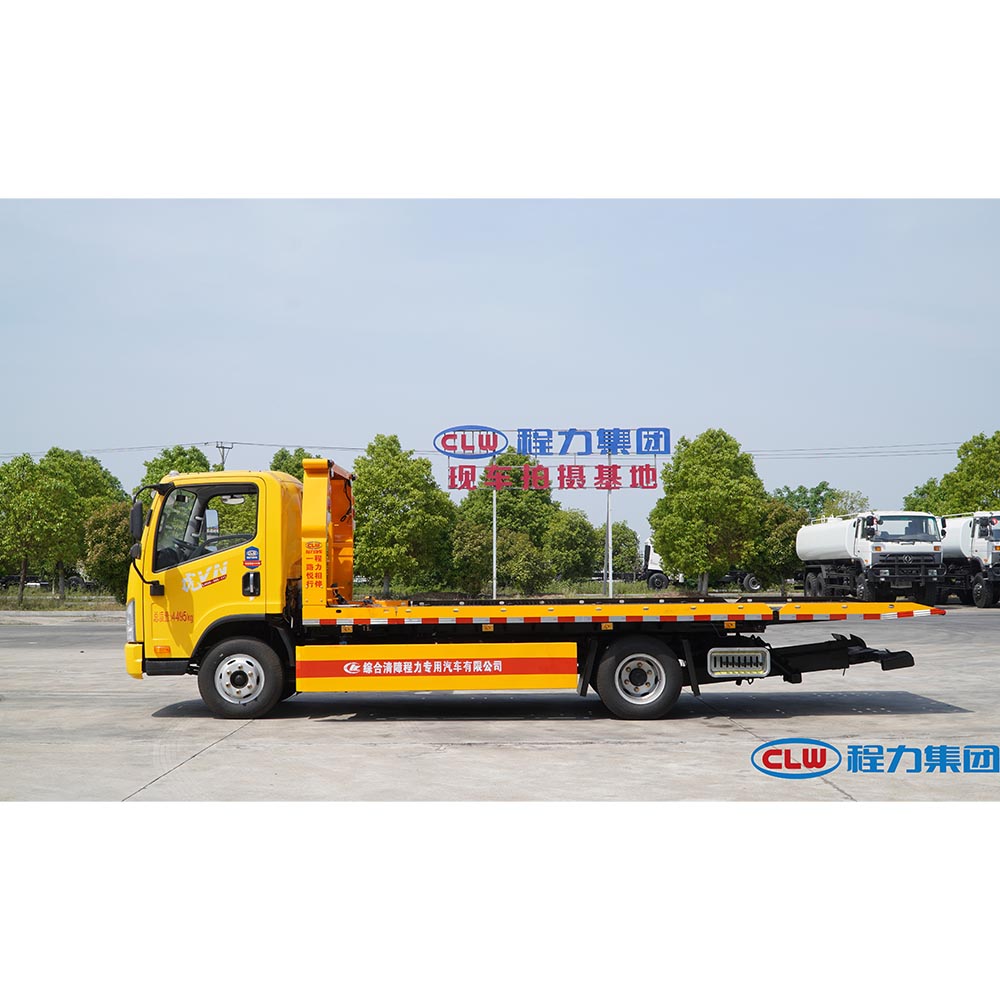
How Can I Find a Reliable Tow Company?
Finding a reliable tow company is crucial, especially when you’re in a stressful situation like a breakdown or an accident. Here are some tips:
- Check Reviews: Look for online reviews on platforms like Google, Yelp, or the Better Business Bureau. Pay attention to both positive and negative feedback to get a balanced view.
- Ask for Recommendations: Seek recommendations from friends, family, or colleagues who have used towing services in your area.
- Verify Licensing and Insurance: Ensure the tow company is properly licensed and insured. This protects you in case of any damage to your vehicle during the tow.
- Inquire About Pricing: Get a clear estimate of the cost of the tow, including any potential additional fees. Reputable companies will be transparent about their pricing.
- Check for Professionalism: Observe the professionalism of the company’s representatives, both on the phone and in person. A professional demeanor often indicates reliable service.
- Consider Response Time: Inquire about their estimated arrival time. When you need a tow, especially in unsafe conditions, a quick response is vital. We pride ourselves on employing skilled tow truck drivers who prioritize safety and efficiency.
- Ask About Equipment: Ensure the company has the appropriate equipment for your vehicle. For instance, if you have an all-wheel-drive car, you’ll likely need a flatbed tow truck. Tow Truck – Powerful & Versatile Roadside Assistance are crucial in these situations.
Taking these steps can help you find a trustworthy tow truck service that will handle your vehicle with care and provide transparent pricing.
What Factors Affect the Cost of Towing a Car?
Several factors can influence the cost of towing a car:
- Distance: As mentioned earlier, the distance your vehicle needs to be towed is a major factor. Longer distances generally result in higher costs.
- Type of Vehicle: Larger vehicles like trucks and SUVs often cost more to tow than smaller cars. Similarly, luxury or specialized vehicles may require extra care, increasing the price.
- Type of Tow Truck: The type of tow truck required for your vehicle will affect the cost. Flatbed tow trucks are generally more expensive than wheel lift tow trucks.
- Location: Towing rates can vary by location. Urban areas might have higher rates due to traffic and higher operating costs, while rural areas might charge more due to longer distances between service calls.
- Time of Day: Many tow companies charge more for services during non-business hours, weekends, and holidays.
- Road Conditions: Difficult road conditions, such as heavy traffic, bad weather, or challenging terrain, can increase tow costs. In such cases, a High-Performance Maintenance Vehicles may be required, affecting the price.
- Vehicle Condition: If your vehicle is severely damaged or in a difficult position (e.g., in a ditch), it may require additional equipment or labor, leading to higher towing fees.
Understanding these factors can help you anticipate the cost to get your car towed and potentially negotiate a better rate.
How Can I Avoid Unnecessary Towing Fees?
While you can’t always avoid needing a tow, you can take steps to minimize unnecessary towing expenses:
- Maintain Your Vehicle: Regular vehicle maintenance can help prevent breakdowns that might require a tow.
- Have Roadside Assistance: Enrolling in a roadside assistance program can often be cheaper than towing costs when you need it.
- Know Your Insurance Coverage: Understand what your car insurance covers regarding towing. Some insurance policies include towing up to a certain distance or amount.
- Shop Around: If you have time (i.e., your vehicle isn’t in an unsafe location), get quotes from several tow companies before choosing one.
- Negotiate: Don’t be afraid to negotiate the price, especially if you’re paying out of pocket. Some tow companies may be willing to lower their rates, particularly for short-distance tows.
- Ask About Discounts: Inquire about potential discounts. Some companies offer lower rates for AAA members, military personnel, or senior citizens.
- Avoid Storage Fees: If your vehicle is towed to a storage yard, retrieve it as soon as possible to minimize storage fees.
By taking these proactive steps, you can often reduce the overall cost of towing your vehicle and avoid paying more than necessary.
FAQs
What is the average cost of a tow within city limits?
The average cost of a tow within city limits typically ranges from $50 to $125, depending on the tow company, distance, and type of vehicle. This usually includes a hook-up fee or base fee plus a small charge per mile, often around $2.50 to $4 for short distances.
How much does AAA charge for towing?
AAA towing charges vary by membership level. Basic membership usually covers tows up to 3-5 miles, while Plus and Premier memberships offer longer towing distances, up to 100 or even 200 miles. Beyond the included mileage, members typically pay a discounted rate per mile. For example a Chengli Brand – Dongfeng D7 Intelligent Asphalt Paver will be charged more due to its higher weight and specialised towing requirements.
Does car insurance cover towing if my car breaks down?
Whether car insurance covers towing for breakdowns depends on your policy. Many comprehensive policies include roadside assistance, which often covers towing up to a certain limit. Some insurance companies offer towing as an add-on to standard policies. It’s best to check your specific policy details or contact your insurance provider to be sure.
Can I choose which tow company to use after an accident?
Yes, in most cases, you can choose which tow company to use after an accident, even if the police recommend one. However, if your vehicle is impounded due to legal reasons, you may have to use a specific company contracted by law enforcement.
What should I do if a tow truck driver demands cash upfront?
While some tow truck drivers may prefer cash, be cautious if a driver demands cash upfront without providing a receipt or contract. Reputable tow companies typically offer various payment options and provide documentation of the services rendered. If you feel uncomfortable, you can contact the tow company directly to verify their policies or consider using a different provider. It’s always a good idea to get an accurate estimate in writing before agreeing to any services. If you’re unsure, you can always give us a call for advice.
How can I prevent my car from being towed from a parking lot?
To avoid having your car towed from a parking lot, always park in designated areas, pay attention to posted signs indicating parking regulations, and ensure you pay any required parking fees on time. Be aware of time limits and any special restrictions. If you’re unsure about the rules, it’s better to err on the side of caution and park elsewhere. Chengli Dongfeng D9 intelligent asphalt distributor is one of the many vehicles that are often targeted due to their size and potential obstruction in parking lots.
Conclusion
- The cost to tow a vehicle varies greatly depending on factors such as distance, vehicle type, type of tow truck, location, time of day, and road conditions.
- The average cost of towing is around $109, with a hook-up fee ranging from $35 to $100, and mileage charges between $2.50 and $7 per mile.
- Roadside assistance programs can significantly reduce or eliminate out-of-pocket towing expenses.
- Auto insurance policies may cover towing costs, especially if you have comprehensive coverage or roadside assistance.
- Additional fees, such as storage, after-hours, or winching charges, can increase the overall cost of a tow.
- Choosing a reliable tow company involves checking reviews, verifying licensing, getting pricing estimates, and assessing professionalism.
- If you’re in an accident, prioritize safety, contact authorities, exchange information, document the scene, and then address towing needs.
- You can often avoid unnecessary towing fees by maintaining your vehicle, having roadside assistance, understanding your insurance coverage, shopping around for the best rates, and negotiating prices when possible.
- Remember, as a leading manufacturer of tow trucks, we understand the intricacies of the towing industry and are committed to providing transparent information to help consumers make informed decisions when they need a tow. If you are a logistics company or roadside assistance provider looking to improve your fleet, Chengli Heavy Industry Water Tank Fire Truck is just one of the many specialist towing vehicles we can supply.
By keeping these points in mind, you can navigate the often-stressful experience of needing a tow with greater confidence and potentially save money in the process. Remember, whether you need to call a tow truck after a breakdown or an accident, being prepared and informed is your best defense against excessive towing expenses.
